Donald Trump is the world’s largest landlord — not in his own capacity, perhaps, but in his role as leader of the most powerful nation on earth. He’s the CEO of America, and his development corporation owns the Western hemisphere. It also owns property in Europe, where the tenants are troublesome and are always behind on their rent. There are just a few other landlords on the planet, notably Vladimir Putin, who isn’t a rival, and Xi Jinping, who is.
This might sound like a perspective on world politics for someone who rose to prominence in the cutthroat environs of New York real estate. Yet the truth is that government is always about who’s the landlord and who’s the tenant. This was explicitly the case in the centuries of European feudalism, where politics was about who owned what and thus who owed what to whom — taxes and military service and other obligations were tenants’ duties to the lord. Even aristocrats were tenants, but they rented their land directly from the king and could claim rent from their own subtenants.
The move from medieval proprietary monarchy to modern bureaucratic states is a tale of corporations taking the place of individuals as the great landowners.
Marx and Engels were not being poetic when they called “the modern state… nothing but a committee for managing the common affairs of the whole bourgeoisie.” The bourgeoisie, of course, are the postfeudal ownership class. Their wealth comes from more than mere land management, but with the money they make through capitalism, they do indeed buy up real estate, which relatively impoverished aristocrats must sooner or later sell — or which unincorporated native peoples, like America’s Indians, must simply give up.
In more recent times the harsh realities of politics have been softened and disguised by talk about liberalism and democracy. Yet as Trump sees it, the flattering language that presents landlords and tenants as friends, united by ideals rather than property obligations, has ruined owners and renters alike. The owners are being ripped off and bankrupted; the renters are wrecking their own quarters, not least by inviting too many mooching or downright criminal strangers in to sleep on the couch.
Populism can be understood as a tenant revolt against bad landlords — slumlords over-packing their properties with new tenants while older ones fear rising violence, the forced transformation of their communities and the breakdown of basic services, whether plumbing or public transportation. This is why it’s no paradox that a man as wealthy and elite as Trump is populism’s hero. What the tenants want isn’t communism but a better landlord. And Trump is a landlord who knows he’s a landlord and doesn’t pretend to be something else while the building falls apart.
European elites don’t like to hear that they’re tenants on what they think of as their own land — indeed, it might only be in this context that they really think of themselves as belonging to their nations, or the other way around.
Alexis de Tocqueville argued that the French Revolution was a long-term result of absentee landlordism — the aristocrats chose to live lives of leisure in Paris rather than look after their property (and those who lived on it) in the provinces. The ruling class in Europe today is at least as detached from the people. But in Trump’s eyes, Europe’s leaders are mere superintendents, privileged to live on his property as long as they serve other tenants and keep the building in good condition. Since they’re failing to do that, he’s prepared to evict them and appoint others in their place — hence the support of Trump allies Elon Musk and Vice President J.D. Vance for the populist Alternative für Deutschland in Germany’s last election. If this seems like an unprecedented intervention in someone else’s domestic politics, however, recall the ease with which America’s previous liberal landlords used to make demands based on what they considered “democratic” or appropriately progressive.
As a world power, America has been lecturing other nations about how they keep their own houses — if indeed they are their own — for decades. The exhortations sound different now, though, because the landlord is different.
Individual nations today are like the nobility of the Middle Ages. Among them there is an acute feeling for their status as authorities unto themselves, even if there’s an awareness that in practice they are outmatched by the real sovereign. Some of Europe’s leaders might like to wage a “barons’ war” against the king — the Canadians certainly feel this way. But just as in medieval times deposing one king only made way for another, nations that are not militarily or economically self-sufficient will only wind up with another landlord if they break with America and Trump. Would they prefer to be owned by the Chinese development corporation, or by Putin’s? Do they really want to take on responsibility for fully administering their own domains, defense spending and all? Could they find the money for it even if they did? And if their tenants’ resentment of Europe’s leadership is as great as that leadership’s dislike of Trump, what results would a revolt ultimately produce? The elite instigators of revolution often find they’ve mounted a horse they can’t ride.
President Trump has changed a great deal in the world, but he hasn’t changed the nature of politics itself. He’s simply reminded us of what it really is.
This article was originally published in The Spectator’s April 2025 World edition.



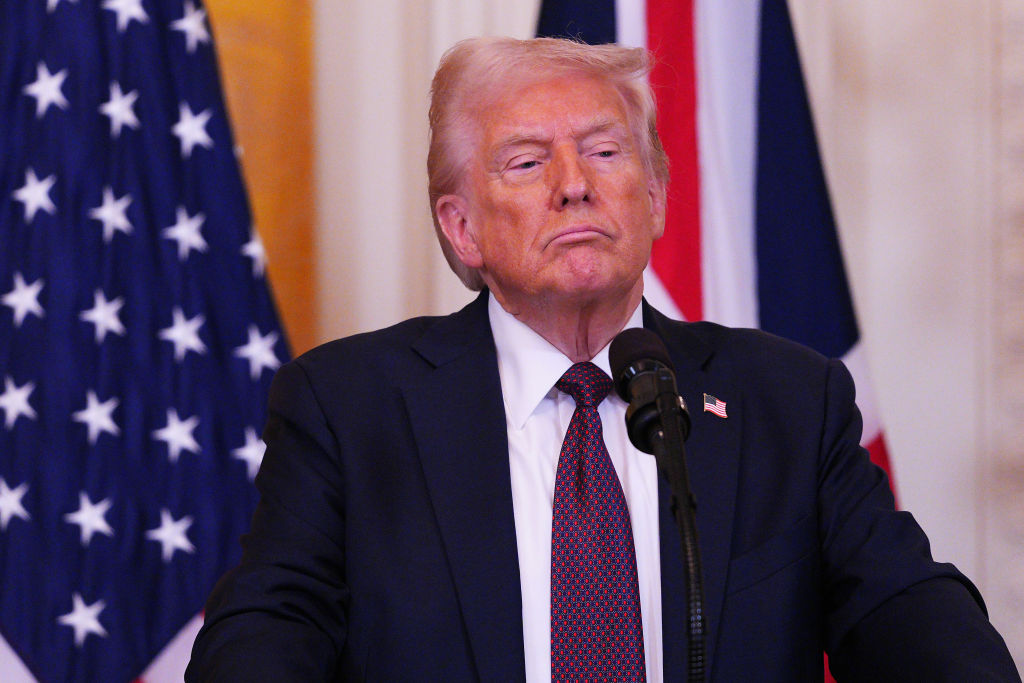






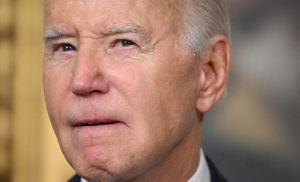

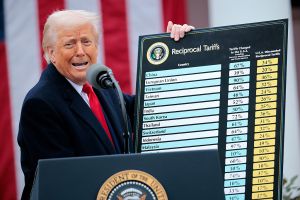


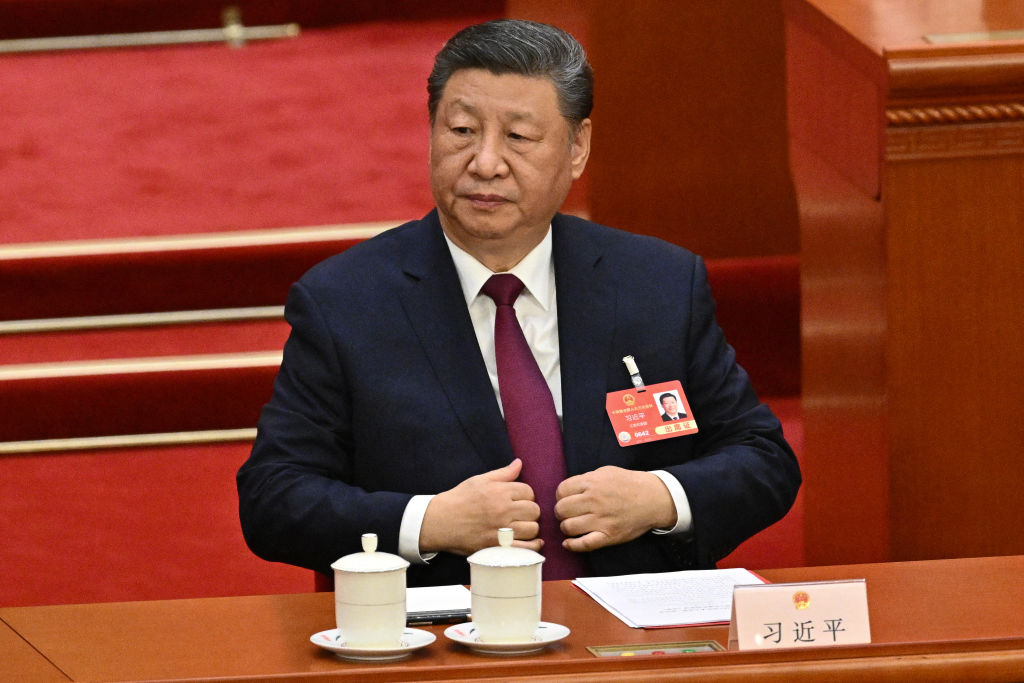
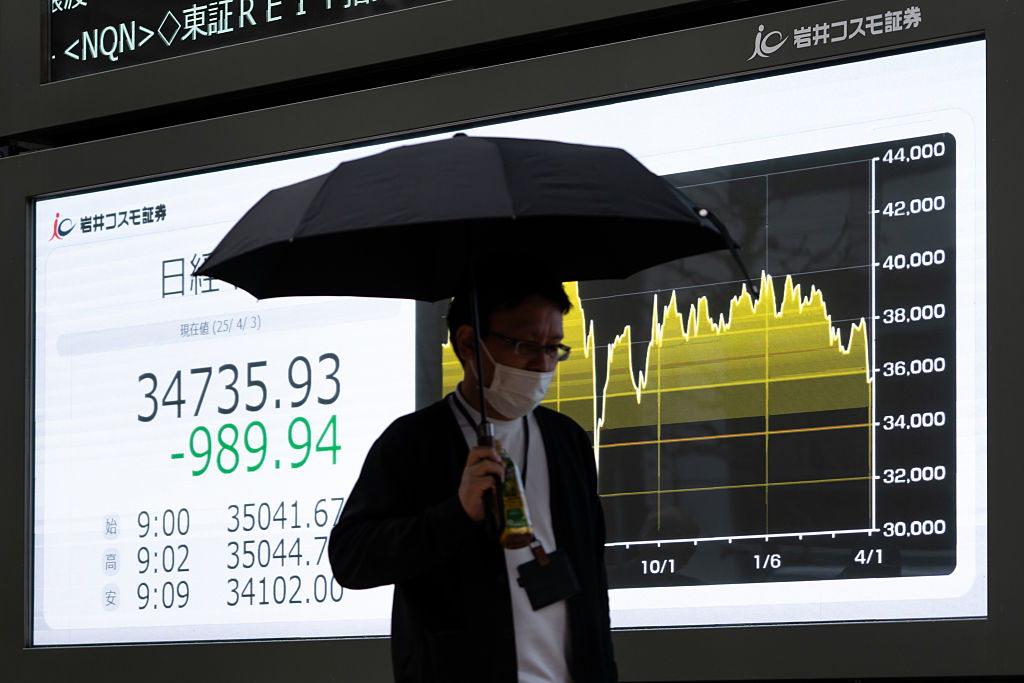
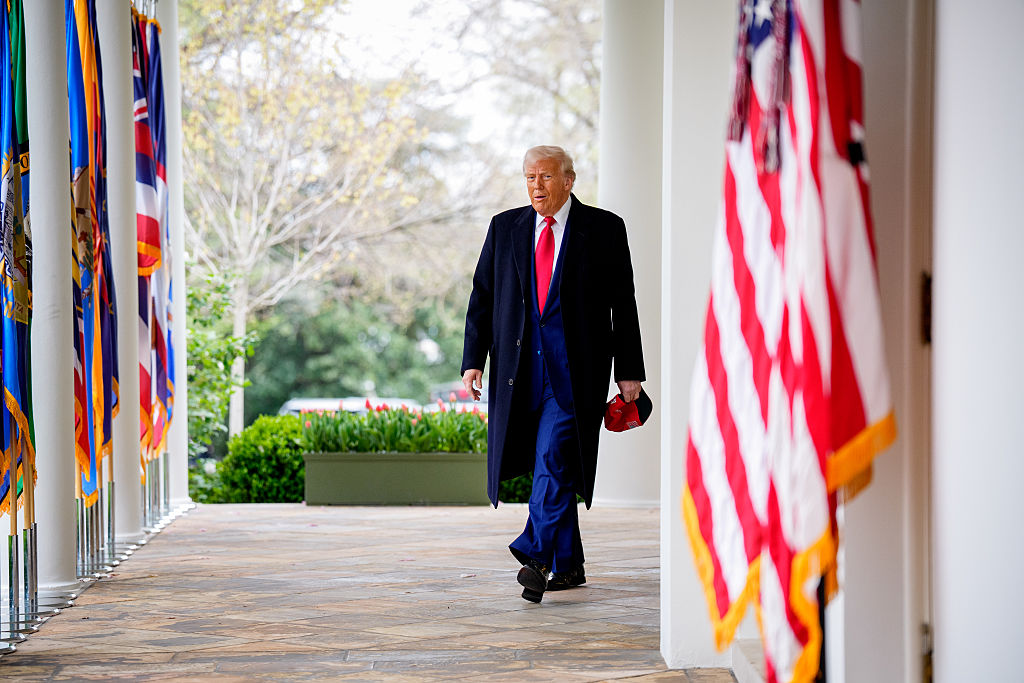
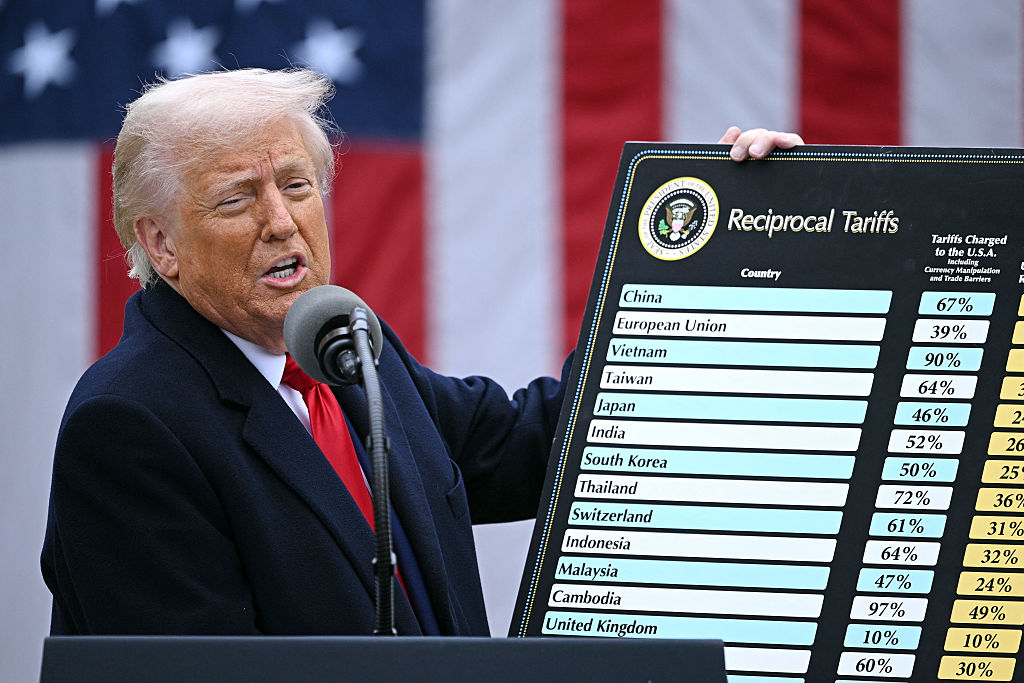







Leave a Reply